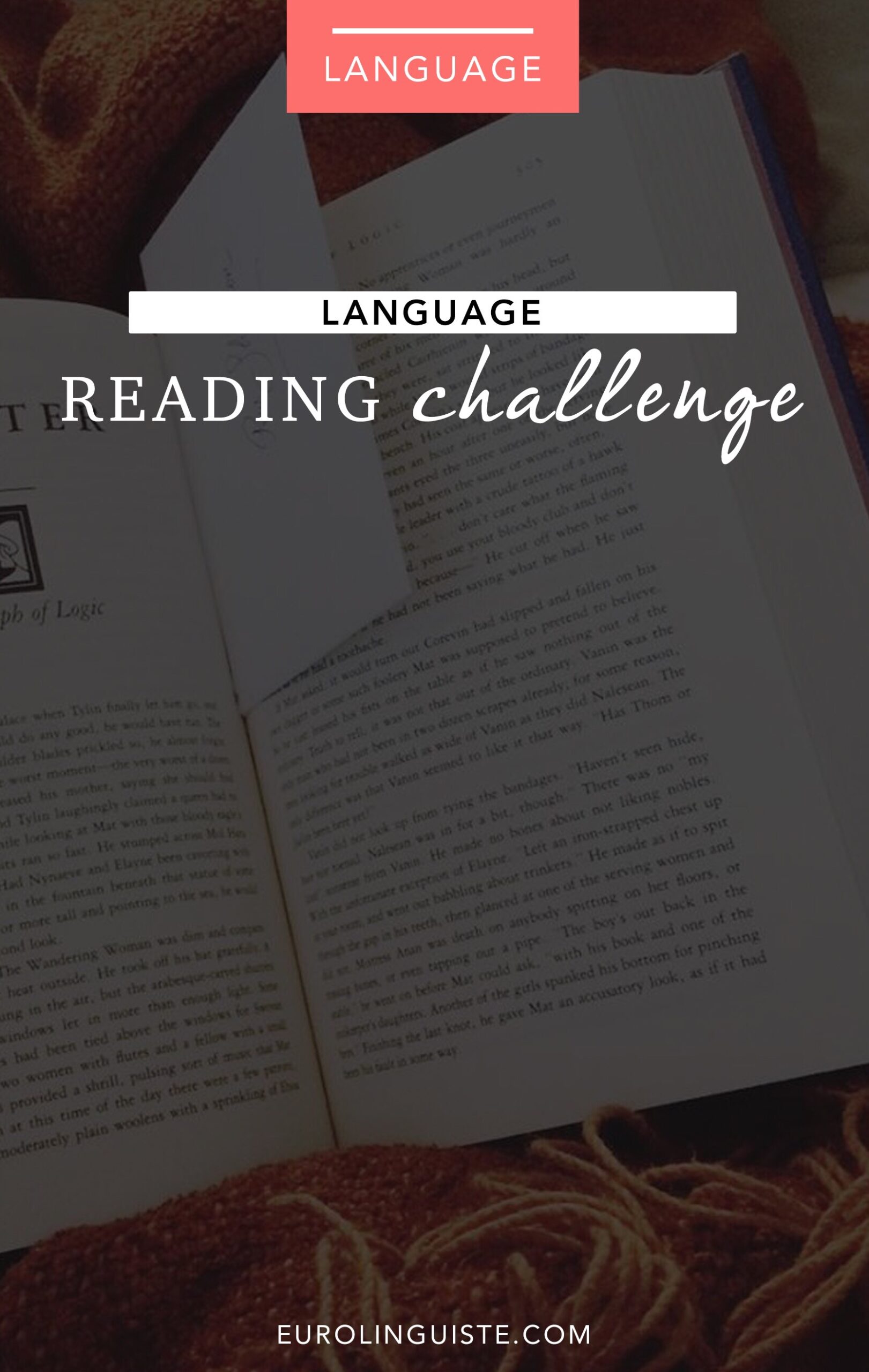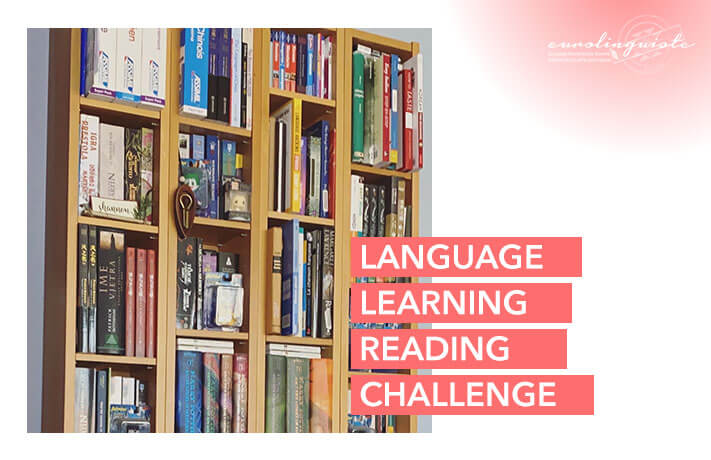Loving More Than Just Your Language | Language Reading Challenge July

My name is Shannon Kennedy and I'm the language lover,…
One of the most important things you can do for your language learning is find something tied to your language (aside from the language itself) that you love. Or at the very least, that you find interesting.
For me, I love history, food, and travel, so these are the things that I tend to latch on to whenever I start learning a new language.
And Russian has a fascinating history.
Given everything that’s going on and in the news as of late, I’m incredibly interested in Russia’s recent history. It keeps me tied to the language and I’ve really immersed myself in reading, watching and learning about Russia.
In a way, this interest grew out of watching the television series The Americans. In it, there is quite a bit of Russian dialogue that’s relevant and well written, and I love working out as much of it as I can on my own. I also found out recently that Russia has it’s own answer to the television show The Americans and it’s called Adaptation.
It’s also made me want to learn more about the country, the tensions between Russia and the US, and the history of spy craft in general.
Hearing that I was interested in all things Russian history/politics, Kris of Actual Fluency quickly recommended a series of interviews with Putin on Showtime with Oliver Stone, and I immediately sat down and watched them.
The series with Putin was recorded over a period of 2 years through 12 different interviews. It was supposedly a no holds barred interview, but I’m not sure if I believe that entirely. Especially after all that I’ve recently read. Either way, Putin is an interesting and well-spoken man regardless of your political beliefs.
As a quick recap, here are the books we’ve read so far this year:
January // Book about your native language
February // Book in your target language (translation of a book from your native language)
March // A book about someone who learns a language (can be fiction or non-fiction)
April // Read a book written by an author from a country that speaks your target language (can be a translation or in the original language)
May // A coursebook/lesson book (chance to finish up one you’ve been working one or work through one)
June // A book written by a language blogger
The guidelines to participate are available here and you can also join up by commenting on the posts here at Eurolinguiste or by becoming a part of the group on Goodreads.
This month, the challenge was to read a book about the history of the region, culture, or language that you are studying. I chose to read several books.
Here are just a few:
The Less You Know the Better You Sleep by David Satter
David Satter was the first American journalist to be expelled from Russia following the Cold War. His investigations into the 1999 apartment bombings as Russia transitioned from Yeltsin to Putin are rumored to play a part in his expulsion.
The Less You Know the Better You Sleep is an in-depth look at Post Soviet Russia from an author who spent an extensive amount of time doing fieldwork, research and writing in the country.
The Billion Dollar Spy by David E. Hoffman
In The Billion Dollar Spy, David E. Hoffman shares the start of the CIA establishing a spy network in Russia. The book tells the story of Adolf Tolkachev, an engineer who shared countless photos, secrets, and information with the American government agencies starting at the end of the 1970s.
All the Kremlin’s Men: Inside the Court of Vladimir Putin by Mikhail Zygar
Based on interviews with several members of Putin’s inner circle is All the Kremlin’s Men. The book is well researched and presented. And though it is long – almost four hundred pages – it’s written in a way that has you moving through it quickly.
Conclusion
The combination of the books I’ve read, the tv shows I watch, and everything else that’s going on, I’ve become completely fascinated by both Russian history and spy craft. I’ve started to read more about both and I’m equally enamoured by the two.
During my Russian lessons, my teacher and I have started working through articles and videos on Russian history. I’ve learned about Ivan III and Peter I, Russia becoming an empire, and Catherine the Great. I remember vaguely learning about all of this in school, but it’s so much more meaningful to go into them in depth and in Russian.
It definitely keeps me attached to the language.
Language Reading Challenge Linkup Rules:
1. Share your post discussing the book that you’ve read this month. Submissions unrelated to the theme or links to your homepage will be deleted. You can share in the comments (including a link to your post if you wrote one).
2. Follow the host: Shannon from Eurolinguiste.
3. OPTIONAL: Join us on Goodreads.
What's Your Reaction?
My name is Shannon Kennedy and I'm the language lover, traveler, and foodie behind Eurolinguiste. I'm also the Resident Polyglot at Drops and the Head Coach of the Fluent in 3 Months Challenge.



